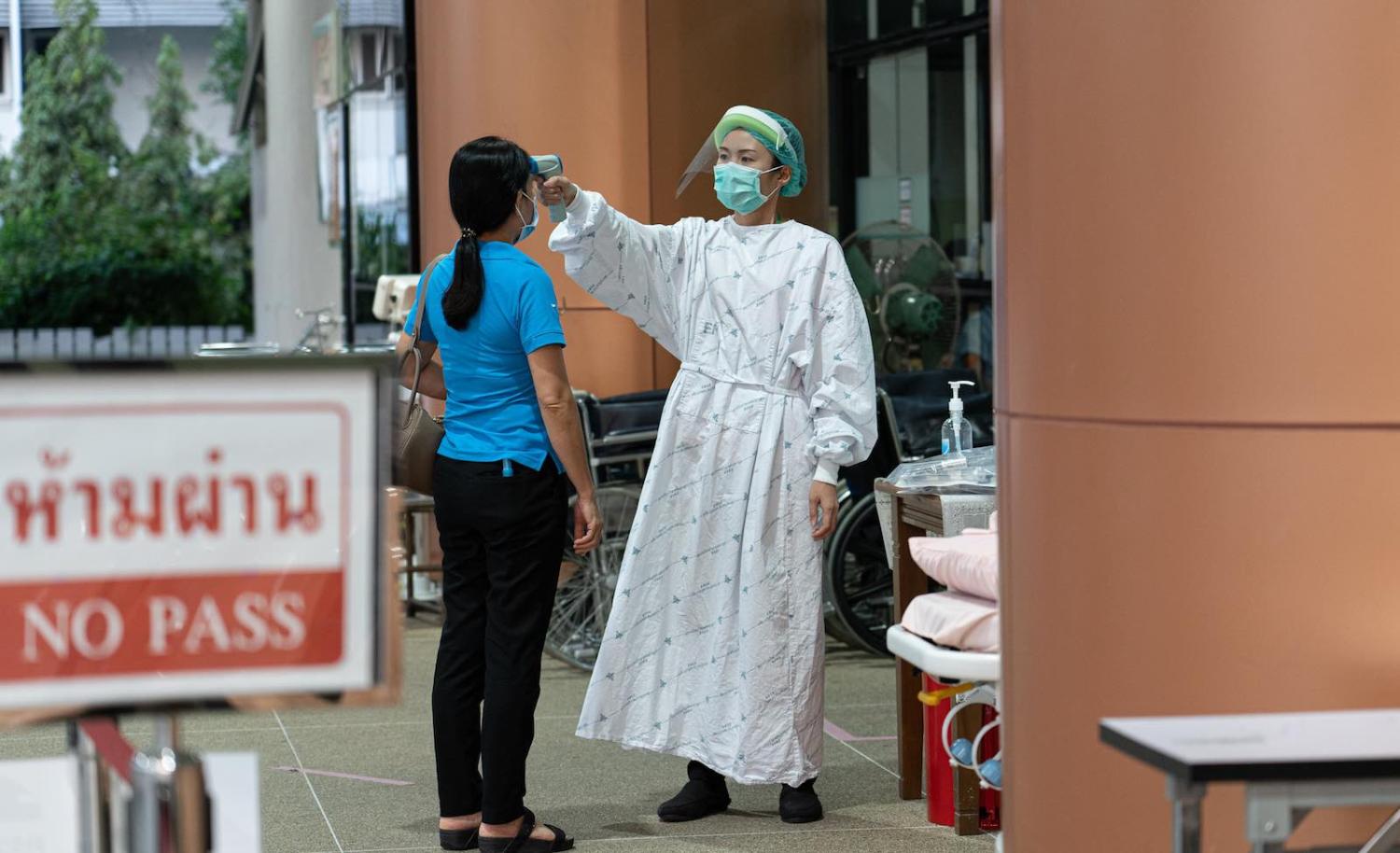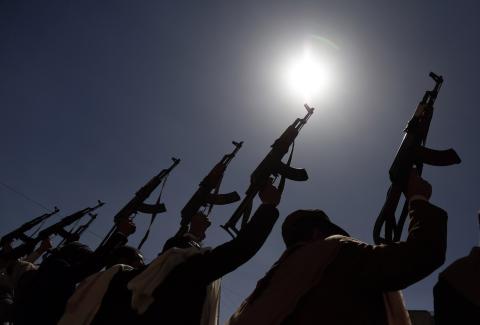Covid-19 shutdowns have had a major impact on women’s access to security, economic resources and health services..There is an urgent need to assess the impact of the restrictions on the humanitarian, security and rights-based sectors, including the practitioners on the frontline who seek to safeguard women’s rights. In all societies, women and girls experience unequal gender norms (with the extent of this inequality influenced by additional factors such as ethnic, sexual minority and socio-economic status). Like conflicts and disasters, pandemics disproportionately affect women.
We mapped the early impacts of the pandemic on those working with vulnerable communities via a regional survey, so that policymakers and donors could be better informed as they prepare strategies to contain Covid-19 and address its human security effects in the Indo-Pacific region. Responses to the survey gave voice to those working as human rights defenders (both women and men) of vulnerable women and their dependents, already struggling with prolonged conflict or extreme poverty before the Covid-19 crisis.
While Covid-19 was seen as affecting the sustainability of programs, the personal loss of income and job security was rated as the highest short- and long-term concern for individual workers.
This first comprehensive review of the impacts of Covid-19 on women, peace and security agencies (WPS) and their workers across the Indo-Pacific conducted by Monash Gender, Peace and Security Centre (GPS) was completed on 11 May. It included WPS agencies that advocate and deliver services related to human rights, promote equality, deliver sexual and reproductive health services, support education and economic development, oppose gender-based violence and seek to uphold law and justice. The survey targeted 29 countries, was translated into 13 languages and received 139 complete responses.
The results are a wake-up call. Most respondents (80%) stated that Covid-19 had already impacted the scope and focus of work in the area of women, peace and security. More than two thirds (68%) have changed their program focus as a result of Covid-19. However, the vast majority have not received any new funding to support this pivot. In fact, many have seen a reduction in their overall funding.
While Covid-19 was seen as affecting the sustainability of programs, the personal loss of income and job security was rated as the highest short- and long-term concern for individual workers. Across all 29 countries surveyed, continuity of jobs and income was the main issue followed by movement restriction, food security and loss of health services, including reproductive health services.
Forty-five per cent of respondents found the impacts compounded when their countries went into lockdown. Fifty-six per cent said lockdowns had reduced or blocked their organisation’s access to services and to populations, making their human rights and gender-based violence protection work and advocacy even more difficult. The data also revealed that there were increasing threats to the safety and security of vulnerable women and that their fears of income loss and safety statistically correlate with the growing numbers of days in lockdown.
When asked about trusted sources of information related to the pandemic, strikingly just 12% of respondents referred to social media, with 32% relying on the government, followed by international organisations such as the World Health Organisation (23%).
The survey also revealed that the vast majority of respondents have pivoted to focus on the pandemic and the new needs of their communities. This is despite serious resource and other constraints which have threatened both their pandemic work and their core programmes. The women, peace and security agenda represents a crucial framework for responding to global crises and their differential impacts.
Governments and international organisations must urgently recognise the pandemic-related and core work of the WPS agencies and to repurpose donor funding in response to Covid-19 local priorities. Funds should be targeted through local organisations wherever possible. Support could include cash grants and loans, training and upskilling to build an online remote working capacity, to support their monitoring and messaging, and the importance of strengthened data collection and law enforcement at a time when the risks of human rights abuses are heightened, and the access to services and to justice are severely constrained especially for women and girls.
While women’s rights are adversely impacted by the lockdown restrictions and ensuing economic recession women are not only or always victims in the context of conflict or a pandemic. Indeed, this survey has shown that women, peace and security practitioners are contributing significantly to the delivery of services aimed at ameliorating Covid-19. They aim to support those who are and will be disproportionally impacted in situations of displacement, poverty and insecurity in the region.

